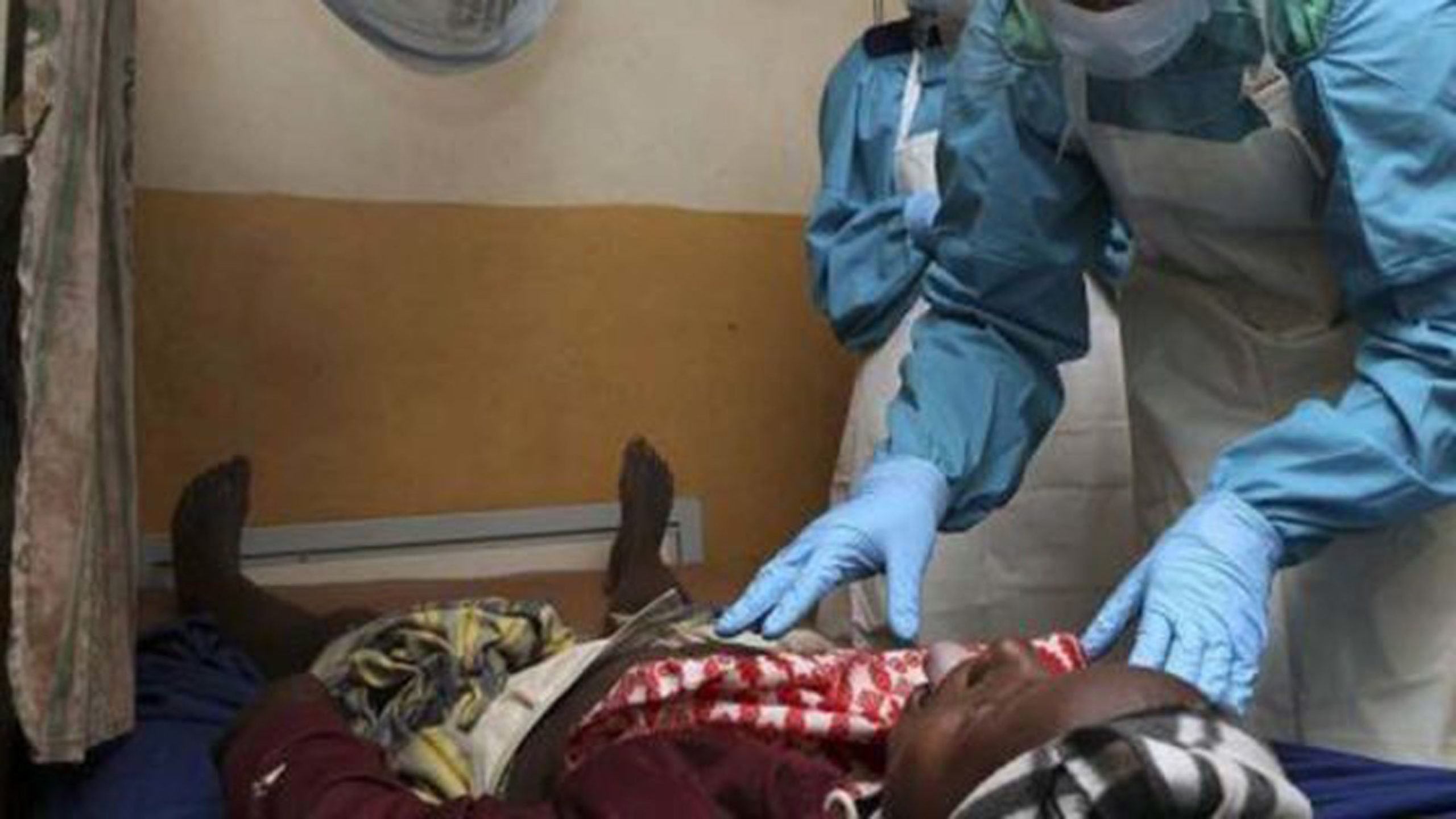
Nigeria Joins International Consortium to Accelerate Lassa Fever Vaccine Development
Nigeria is now a key participant in a new international research consortium, backed by $6.4 million in funding, with the goal of accelerating the development of a much-needed vaccine against Lassa fever. The initiative, known as Unravelling Natural and Vaccine-Elicited Immunity to Lassa fever (UNVEIL), is a collaborative effort led by the University of Texas Medical Branch (UTMB) and receives substantial financial support from the Coalition for Epidemic Preparedness Innovations (CEPI).
Key Participating Institutions
The UNVEIL project brings together a diverse group of scientists and institutions from around the globe. In Nigeria, three prominent teaching hospitals will serve as pivotal frontline clinical sites. These include:
- Jos University Teaching Hospital
- Irrua Specialist Teaching Hospital
- Abubakar Tafawa Balewa Teaching Hospital, Bauchi
These Nigerian institutions will collaborate with the Kenema Government Hospital in Sierra Leone, fostering a strong regional partnership in the fight against Lassa fever. The consortium also includes experts in virology, immunology, bioinformatics, and clinical care from the United States and the United Kingdom.
Focus of the Research: Identifying Immune Markers
The core objective of the UNVEIL project is to identify specific immune markers, also known as correlates of protection, which are biological signatures present in blood or cells that indicate immunity to Lassa fever. This research aims to pinpoint the precise immune responses that protect individuals from the disease.
Accelerating Vaccine Development
The identification of these immune markers holds the potential to revolutionize vaccine development for Lassa fever. Currently, assessing the effectiveness of a vaccine requires lengthy and complex clinical trials. However, if scientists can identify reliable immune markers, they can measure protection through laboratory tests, significantly reducing the time and resources required to bring a vaccine to market. This breakthrough would allow for faster vaccine delivery to communities at high risk of Lassa fever.
The Impact of Lassa Fever
Lassa fever is a significant public health threat in West Africa, infecting an estimated 100,000 to 300,000 people each year. The disease carries a high case fatality rate, exceeding 20% among patients who require hospitalization. Furthermore, survivors often experience debilitating long-term complications, including irreversible hearing loss. Tragically, studies have shown that Lassa fever infection during pregnancy results in miscarriage in approximately 95% of cases.
Statements from Key Leaders
Courtney Woolsey, the principal investigator of the UNVEIL program, emphasized the potential of the project to overcome a major obstacle in vaccine development. She stated that the ability to measure protection through a blood test, rather than relying on prolonged clinical trials, would dramatically accelerate the delivery of vaccines to affected communities.
Katrin Ramsauer, CEPI's Lassa Disease Programme Lead, highlighted the urgent need for a Lassa fever vaccine and described the research as a critical milestone. She emphasized that understanding the immune markers associated with protection would be a significant achievement in the fight against this deadly disease.
Building Capacity in Africa
In addition to its research objectives, the UNVEIL consortium is committed to building capacity within African partner hospitals. This will be achieved through comprehensive training programs in areas such as diagnostics, biobanking, and clinical research. By strengthening these capabilities, the project aims to enhance regional outbreak response and improve overall health security in the region.
Broader Implications for Pandemic Preparedness
Experts believe that the methods and knowledge gained through the UNVEIL project for Lassa fever could be readily adapted for other hemorrhagic fevers, such as Ebola. This has the potential to significantly boost global pandemic preparedness and response capabilities. The project's "Team Science" approach underscores the international commitment to addressing infectious diseases that disproportionately affect Africa. The collaborative nature of this effort, involving scientists and institutions from multiple countries, reflects a shared dedication to finding solutions to these critical global health challenges.


No comments:
Post a Comment